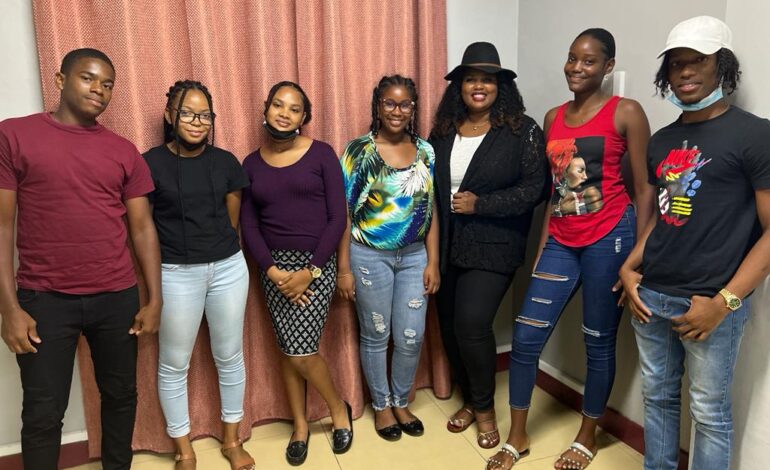
SIDS climate negotiators chart way forward for climate at AOSIS regional workshops
Thursday 11 th August, 2022: The operationalisation of a Loss and Damage Finance Facility is an urgent issue for Small Island Developing States (SIDS) that grapple with servicing loans to recover from extreme climate disasters and slow-onset impacts, at the cost of sustainable development.
The Alliance for Small Island States (AOSIS) is leading the charge to ensure that loss and damage finance, or “L$D” for shorthand, is adopted as an official agenda item at COP27 climate negotiations. To this end, AOSIS led virtual regional workshops from 4 – 5 August 2022 for SIDS climate negotiators to begin drafting a framework for the Loss and Damage Finance Facility.
Participants from islands in the Pacific, Caribbean, and African, Indian Ocean and South China Sea (AIS) – the three regions of AOSIS – drew on their years of experience confronting loss and damage realities on the ground and their regional technical work. The workshop’s interactive sessions elaborated two elements of the facility’s framework:
activities that should be eligible for financing to address loss and damage, and
access modalities for the finance facility.
Non-economic activities included community relocation, memorialization of traditional
medicine, culture and heritage artefacts, for example. Economic activities included
public budget support, debt-for-climate swaps, insurance support and micro-insurance
programs, and other factors.
Many attendees stressed that modalities to access loss and damage finance must be distinct from the existing UN climate funds designed for mitigation and adaptation projects. A participant observed, “It is not very attractive to give money to the failure of climate action, but it is very important. It is about creating modalities that are appropriate for different types of loss and damage, and different scales of loss and damage.”
The facility must be prepared to deal with worst-case scenarios, given the current geopolitical realities of short-term coal uptake, the promotion of natural as a transition
fuel, and a lackluster pace of revised and strengthened NDC ambition to date – trends that contradict recent COP26 decisions. Meanwhile, the IPCC’s verdict from the latest climate science reports is that global emissions must be curbed immediately to limit warming to 1.5°C with no overshoot – the bedrock of the Paris Agreement.
The workshop’s focus on in-depth mapping and identification of key activities and modalities ensures that, at COP27, proponents of the Loss and Damage Finance
Facility have considered issues and landed on solutions that will address the needs, first
and foremost, of SIDS.
AOSIS’ regional workshops were followed by a dedicated session on loss and damage
at the Wadadli Action Platform in Antigua and Barbuda earlier this week. Over the coming months, AOSIS will continue building a solid foundation of support for the agenda item and the Loss and Damage Finance Facility on the road to COP27. Engagements will continue at the UN Climate Week from 19-25 September in New York.






